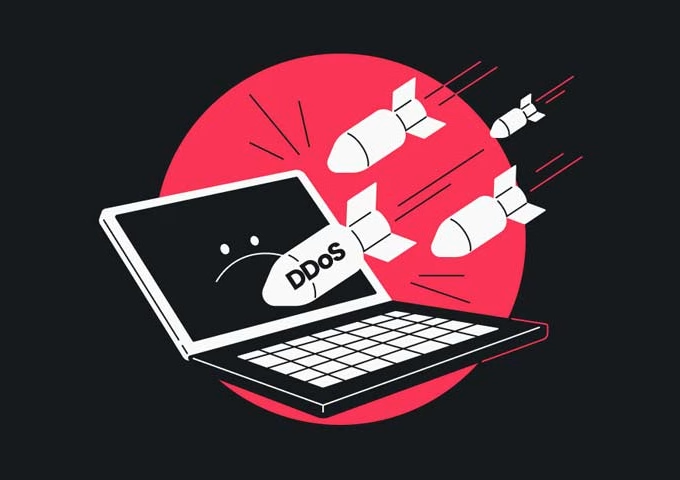Technological progress, globalization, and changing societal expectations continually reshape the business management landscape. As the pillars of traditional management practices crack under the weight of these developments, future business leaders must rise to embrace new strategies and skills. For instance, engaging with a versatile and comprehensive online business management program at Northwest Missouri State University could cater to these evolving demands, ensuring emerging leaders are well-equipped to steer their organizations toward growth and innovation.
Key Takeaways:
- Understanding the evolving nature of the core skills required for future business leaders.
- Assessing the expansive impact of technological transformations on the realm of business management.
- Considering the significance of sustainable and ethical approaches in modern leadership roles.
- Realizing the crucial role of continuous education and adaptive learning for managerial success.
Table of Contents
- Introduction to Business Management Evolution
- Core Skills for Future Business Leaders
- The Impact of Technological Advancements on Management
- Globalization and Cross-Cultural Management
- Sustainability and Ethical Leadership
- Education and Continuous Learning for Managers
- Innovation and Entrepreneurship in Management
Core Skills for Future Business Leaders
The core skills required for effective business leadership are evolving in a rapidly advancing world. Alongside strategic decision-making, there is a growing emphasis on emotional intelligence, critical for fostering better team management and client relations and navigating the intricate tapestry of workplace dynamics. As data becomes the lifeblood of decision-making, a leader’s ability to derive actionable insights from complex datasets emerges as a critical competency. These skills are further complemented by an in-depth understanding of finance, operations, and marketing—a triad that remains fundamental to the wellness of any enterprise.
The Impact of Technological Advancements on Management
Every year, new technological advancements revolutionize how we approach business management. Artificial intelligence, machine learning, and automation are streamlining operations and providing unprecedented insights into customer behavior and market trends. These technologies present opportunities for enhancing efficiency and crafting personalized customer experiences. Nevertheless, they also introduce challenges around workforce displacement and the ethical use of algorithms—areas that the modern leader must navigate with care and strategic foresight.
Globalization and Cross-Cultural Management
The business canvas has expanded beyond local markets to a grand global stage where understanding diverse cultures is beneficial and essential. Practical cross-cultural management skills enable leaders to maneuver through varying business etiquettes, norms, and customer expectations. This requires a blend of empathy, flexibility, and an openness to learning—qualities that allow leaders to build and maintain dynamic multinational teams capable of pushing the frontiers of business in their industry. As companies increasingly operate worldwide, leaders must also grasp the economic and political nuances that influence international markets.
Sustainability and Ethical Leadership
The role of a business leader is no longer confined to profit generation; it has expanded to include the stewardship of environmental and social resources. Aligning business strategies with sustainability goals reflects an organization’s commitment to ethical practices and corporate social responsibility. It’s about leading with a long-term perspective, understanding that the impacts of today’s decisions shape the health of the global economy and environment for generations to come. Integrating sustainability positions a company favorably in the eyes of consumers and investors, fuels innovation, and can drive economic success.
Education and Continuous Learning for Managers
To keep pace with the brisk changes in the business sector, managers must prioritize continuous education and skills development. Advanced degrees and specialized certifications can pave the way for upward mobility and broader managerial responsibilities. Furthermore, through formal education or self-directed exploration, lifelong learning sharpens analytical abilities and keeps leaders agile enough to pivot strategies quickly in the face of shifting conditions. A well-rounded education, integrating both the theoretical foundations and the practical applications of business management, is invaluable for the leaders charting the course for enterprises tomorrow.
Innovation and Entrepreneurship in Management
Being a precursor of innovation and fostering an entrepreneurial climate within an organization can significantly contribute to its growth and longevity. Leaders must thus encourage and incentivize innovation at every level, creating a safe space for experimentation and idea generation. A leader who demonstrates entrepreneurial thinking stays vigilant for emerging opportunities and challenges, actively seeking avenues for adaptation and growth. This mindset extends beyond the confines of established businesses; it is equally vital in startups and new ventures, where agile innovation is often the crux of success.

















